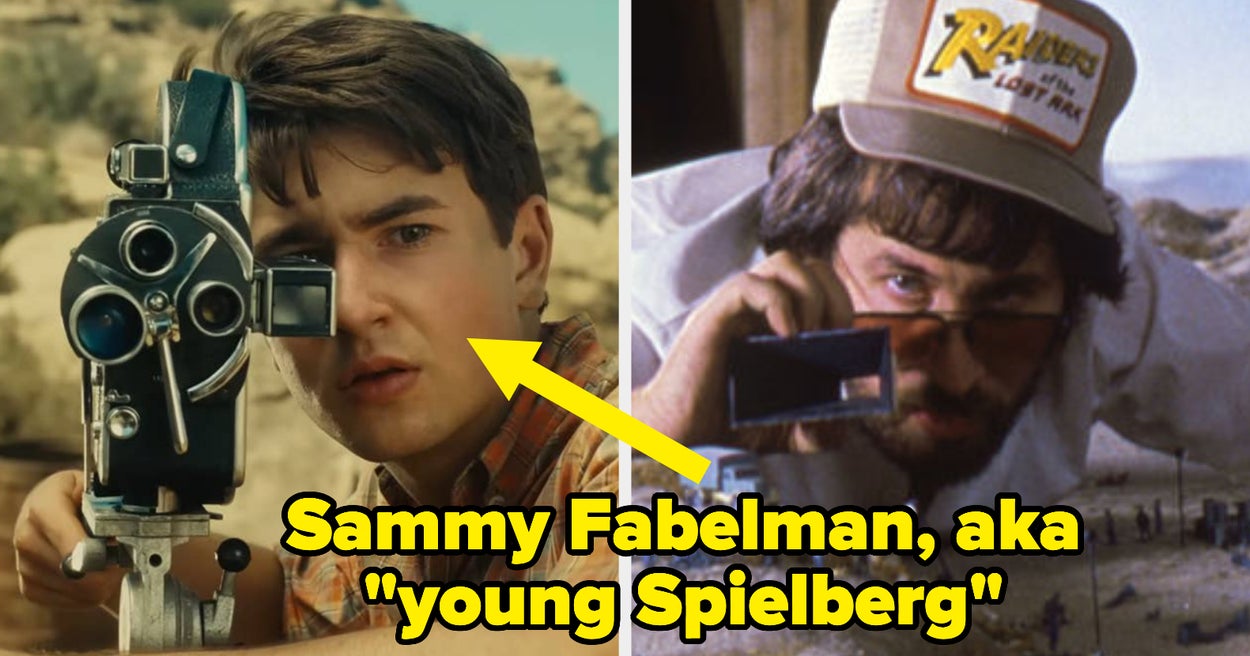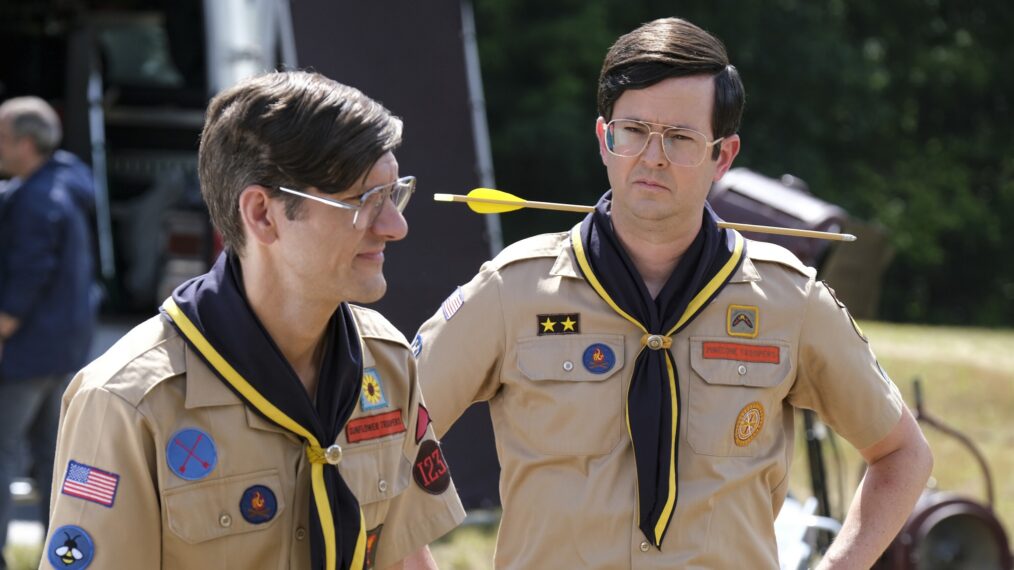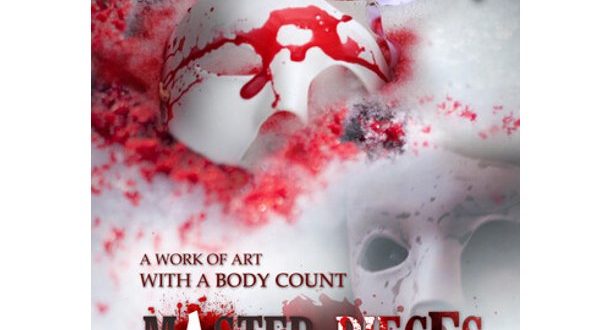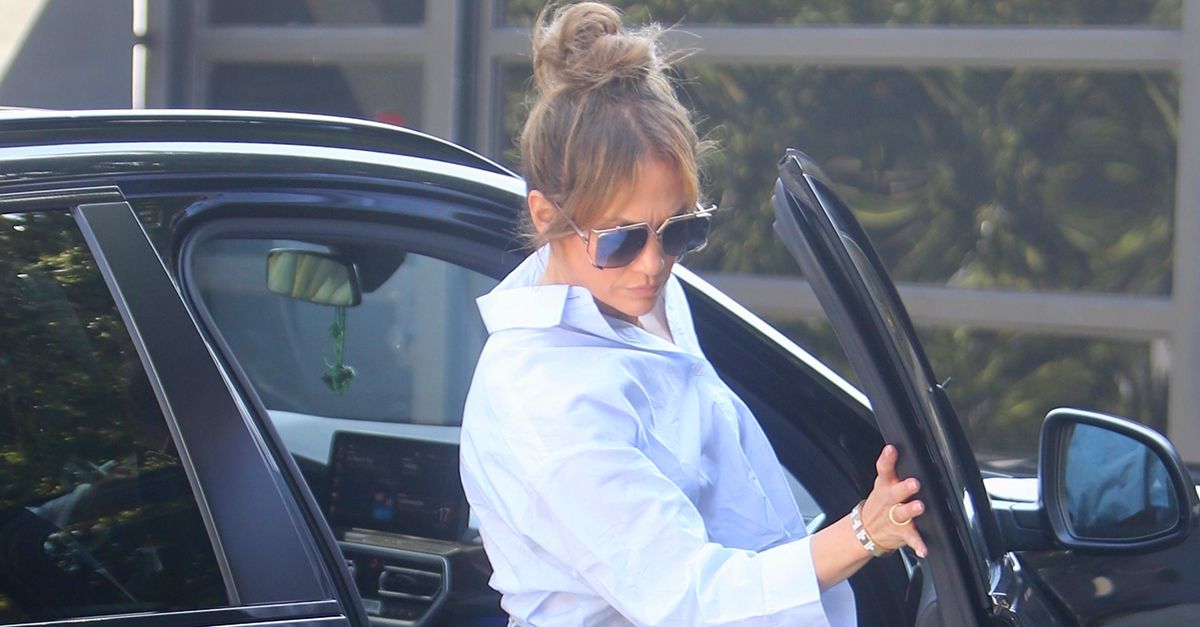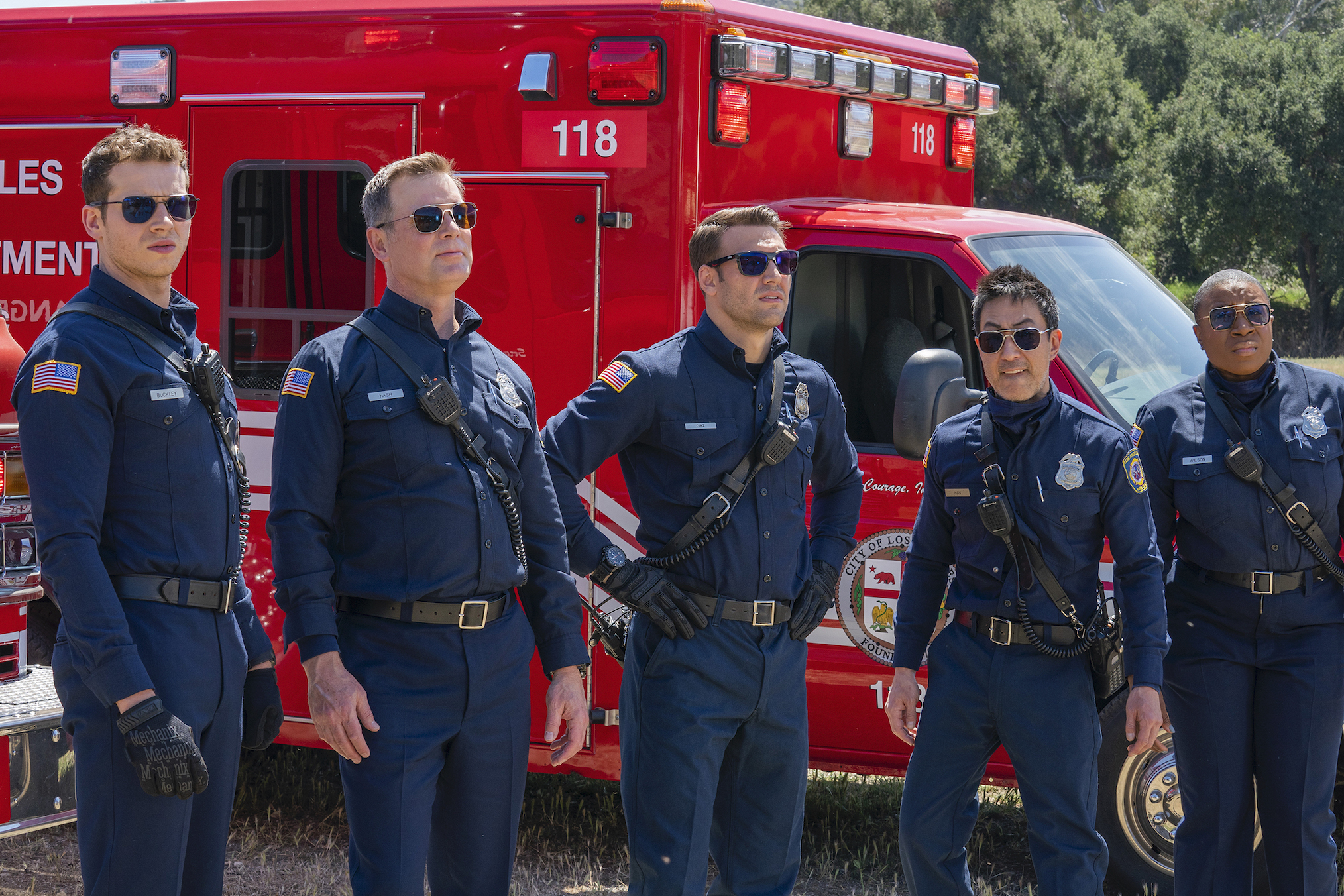At this point, it’s no secret that Steven Spielberg’s latest film, The Fabelmans, serves as a memoir of the iconic filmmaker’s childhood. And, well, if you didn’t know that — now you do!
In place of the Spielberg family is the Fabelman family (I guess he didn’t want to be TOO obvious?), and what unfolds is a charming coming-of-age story about a young man’s pursuit of his dreams while struggling through family trauma, school bullies, first loves, and more.
Given the personal nature of this story, it’s fun to note that Spielberg, who is not as well known for writing, also jumped back behind the keyboard for The Fabelmans alongside frequent collaborator and writer Tony Kushner.
The film stars relative newcomer Gabriel LaBelle as Sammy Fabelman (the “young Spielberg,” if you will), Michelle Williams as Mitzi (Sammy’s mother, based on Spielberg’s mother Leah), and Paul Dano as Burt (Sammy’s father, based on Spielberg’s father Arnold).
Now, if you’re familiar at all with Spielberg’s career, you’ll probably remember many of his beloved films (and have a few of your own favorites). From Jaws to E.T., Raiders of the Lost Ark to Jurassic Park, Schindler’s List to Munich, his work really spans a diverse range of genres and storytelling.
Yet in every single one of his films, whether they’re fantasies about close encounters with spectacular marvels or moral reckonings with history, there’s often been a through line in each picture: Spielberg’s ability to share something personal about himself and his past.
And with The Fabelmans, Spielberg gets REALLY personal and digs deep into his past to draw stories from his adolescence.
The director himself explained, “Most of my movies have been a reflection of things that happened to me in my formative years.” He continued, “Everything that a filmmaker puts him or herself into, even if it’s somebody else’s script, your life is going to come spilling out onto celluloid, whether you like it or not. It just happens. But with The Fabelmans, it wasn’t about the metaphor; it was about the memory.”
So, The Fabelmans begins on Jan. 10, 1952. A young Sammy Fabelman (played by Mateo Zoryon Francis-DeFord for these earlier scenes) and his parents, Mitzi and Burt, go to see Cecil B. DeMille’s film The Greatest Show on Earth.
It’s presumably Sammy’s first time seeing a movie — his parents have to reassure him it’ll be a fun time, like having a nice dream. Of course, what actually ends up happening is Sammy is awestruck (and kinda scared) by a dramatic train crash in the film.
Sammy replays the semi-traumatic train crash in his head over and over, and eventually reenacts it with his brand-new Hanukkah gift: a train set!
Of course, Sammy’s parents — especially his father, who took on extra work fixing TV sets and radios to pay for the gift — are less than thrilled with their son crashing the expensive train set. However, Mitzi, who has a far more creative mind and sensitive heart than her husband, realizes that Sammy’s been reenacting the train crash from The Greatest Show on Earth to gain a sense of “control” over what he saw.
In her attempt to help Sammy, Mitzi secretly buys him a film camera and tells him he can crash the train once more, but only so they can film it. Her hope being he can just rewatch the footage instead of continuously damaging the train set.
And it’s this cute catalyst that sets off Spielberg’s visual memoir. What plays out for the remainder of the film is a narrative that weaves back and forth between two stories: Sammy’s love of making movies, and his complicated relationship with his parents, especially his mother.
After an exciting job offer, Burt uproots the family from New Jersey to Arizona. Mitzi practically forces Burt to bring his best friend Bernie with them. Initially, one wouldn’t think much about Bernie tagging along, but as the story unfolds, we learn that Mitzi, Burt, and Bernie’s relationship is…well, complicated.
Meanwhile, Sammy continues to pursue his love of filmmaking and proves he’s good. Like, really good. (SHOCKER, right? LOL.)
Through clever ideas and creativity, Sammy demonstrates not only great technical prowess, but also a strong sensibility of how to pull emotions from his audience with his movies — which, btw, mainly consists of his Boy Scout troop friends.
But his biggest champion is his mother. Mitzi, like Sammy, is an artist. She trained as a classical pianist — a dream she gave up to be a mother — so she understands him better than anyone else in the family. Burt, meanwhile, although not exactly discouraging, only sees Sammy’s filmmaking as a “hobby.”
Unfortunately for Sammy, his love of filmmaking betrays him on a family camping trip. Without revealing too much, let’s just say that while documenting the trip, he observes something about his mother he never could’ve imagined in a million years.
As Sammy struggles with the burden of keeping his mother’s secret — he doesn’t dare tell his father or sisters — he does his best to bury himself in something he can control: his filmmaking.
I won’t get into much more detail about how the rest of the film plays out — you really should just go see it — but I can tell you that Sammy faces even more adversity, like antisemitic bullies, wacky first loves, and job rejections as he ages through high school and young adulthood.
Oh, and I have to mention that there’s a REALLY GREAT cameo from equally iconic filmmaker David Lynch in what is maybe the best scene I’ve seen in any movie all year. The whole thing is very meta, and I loved it.
Because the film covers such a large breadth of time, it can at times feel meandering. The big concepts are there: art vs. family. But as a whole, it also feels like a bunch of nostalgic vignettes strung together. Which I guess makes sense, since this is supposed to be about memory and not actually a straight-up biopic.
But A LOT of credit needs to be given to Michelle Williams, who steals every scene she’s in. Williams is able to find just the right balance of being a bold, art-loving free spirit and also someone who harbors a much deeper longing and sadness. And her subtle performance will leave you teary-eyed.
Overall, The Fabelmans is a charming movie that’s both fascinating and heartbreaking. And, frankly, it’s nice to see Spielberg pour his heart into a project this personal and meaningful — 8/10, would recommend!
































































